Baby Diarrhea – Causes, Treatment and Prevention

- What Is Diarrhea?
- Causes of Diarrhea in Babies
- What Does Diarrhea in Baby Look Like?
- Home Remedies for Loose Motion in Babies
- How to Rehydrate Your Child With ORS Solution?
- How to Prevent Diarrhea in Babies?
- When to Call a Doctor?
- FAQs
Baby diarrhea can worry parents, as it often indicates an underlying issue that may affect a baby’s health. It is a condition where a person frequently passes very runny, mucus-filled stools. This is usually due to a bacterial or viral infection or sensitivity to certain foods. Spotting the signs of diarrhea early is important to prevent dehydration and other problems. Diarrhea in newborns can be very serious if the baby gets dehydrated. If dehydration sets in, you might need to hospitalise the child. Having said that, you can avoid diarrhea and dehydration by taking certain precautions. Keep reading to learn more about the causes, signs, and ways to prevent diarrhea in babies.
What Is Diarrhea?
Diarrhea is a condition when one passes frequent, loose, or watery stools. In babies, it is often a sign that something is affecting their digestive system. Unlike regular bowel movements, which are typically firm and well-formed, infant diarrhea can be accompanied by urgency and may happen several times a day (4).
Causes of Diarrhea in Babies
Diarrhea is a common condition in babies and can be concerning for parents. Let’s take a closer look at some of the most common causes of diarrhea in babies.
General Causes
Wondering what causes diarrhea in newborns? There are many reasons that can cause diarrhea in babies, and most of them involve microorganism infections. The major factors that cause loose motions in babies are (1) (4):
1. Bacterial Infection
Infectious bacteria, such as Salmonella, Staphylococcus, Shigella, Campylobacter, and E. coli, can cause diarrhea. If the infection is bacterial, the symptoms will include severe diarrhea accompanied by stomach cramps, fever, and blood in the stool.
2. Viral Infection
Viruses, such as rotavirus, calicivirus, adenovirus, astrovirus, and influenza, can cause diarrhea in babies, with symptoms such as vomiting, fever, chills, and abdominal pain.
3. Parasites
Parasitic organisms can also cause diarrhea. For example, a microscopic parasite can cause Giardiasis. The symptoms generally are gas, diarrhea, bloating, and greasy stools. Parasitic infections are easily spread in situations involving group care.
4. Food Allergies
A food allergy is when the baby’s immune system adversely responds to a generally harmless food protein, giving rise to symptoms such as gas, abdominal pain, diarrhea, and blood in the stool. One of the most common food allergens is a milk protein found in dairy products and baby formula containing a dairy product.
5. Food Intolerance
Unlike allergies, food intolerances are reactions that do not involve the immune system. The most well-known is lactose intolerance. Although unusual in babies, lactose intolerance is caused by the diminished production of the enzyme lactase. Lactase is necessary to digest the sugar lactose present in cow’s milk and dairy products. The symptoms are diarrhea, bloating, abdominal cramping, and gas.
6. Antibiotics
When babies have diarrhea after a course of antibiotics, it is because the medicine kills the good bacteria in the gut along with the harmful ones.
7. Excessive Artificial Juice
Giving the baby a lot of sweetened drinks containing fructose and artificial sweeteners such as sorbitol can upset the stomach and cause diarrhea (5).
Breastfeeding Babies
Breastfeeding is often recommended for its numerous health benefits, but it can also lead to diarrhea in some cases. Here are a few factors that can lead to diarrhea in breastfed babies.
1. Maternal Diet
Certain foods consumed by breastfeeding mothers, such as dairy products, chocolate, spicy foods, or caffeine, can trigger allergies or sensitivities in their babies. Mothers may need to reflect on their diet to identify problem foods that could be causing diarrhea.
2. Use of Laxatives
While mild stool softeners are typically safe during breastfeeding, stronger laxatives can transfer to breast milk and may cause diarrhea in infants. Nursing mothers should consult with their doctor before using any laxatives.
3. Introducing New Foods
Introducing new foods as part of the weaning process can lead to digestive issues due to food sensitivities or allergies. Cow’s milk is a common irritant that can cause diarrhea in younger children, and transitioning to formula made from cow’s milk may also contribute to digestive problems.
Formula Fed Babies
Just like breastfed babies, those who are formula-fed can also develop diarrhea from allergies and other issues related to their diet. Here’s a closer look at the causes of diarrhea in infants who consume formula.
1. Allergic Reactions
Specific ingredients in infant formula, especially those containing cow’s milk proteins, may cause diarrhea. Some babies may also be sensitive to soy-based formulas, which can lead to gastrointestinal issues (8).
2. Contamination Risks
Germs can contaminate infant formula in various ways, such as through the formula powder, the water used to prepare it, or improper storage that allows harmful bacteria to grow.
What Does Diarrhea in Baby Look Like?
Babies poop frequently, and the stool is typically soft if they are breastfed. If the baby is formula-fed, the stool tends to be firmer. However, the baby’s loose motion looks like watery, loose stools that are more frequent and runnier than normal bowel movements. Here are the symptoms of diarrhea in babies. (2):
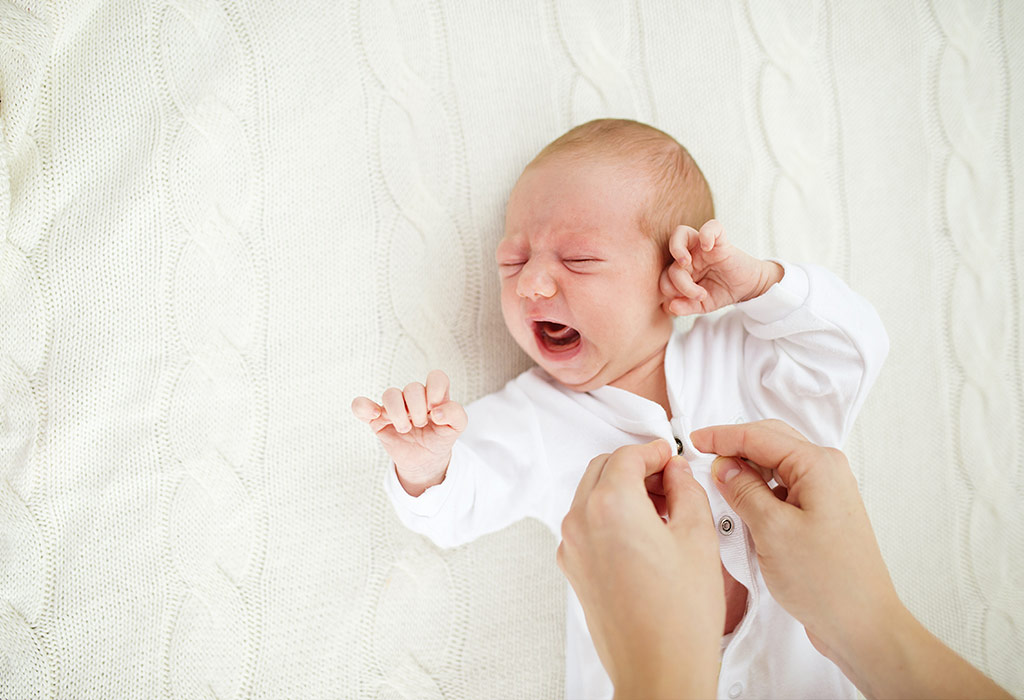
- The baby is passing stools more frequently than usual.
- The stools tend to be runny, smelly, and mucus-streaked.
- The baby has a fever and appears to be losing weight.
- The baby is cranky and loses appetite.
- You can see signs of dehydration, such as sunken eyes, a dry mouth, dark yellow urine, and no tears when they cry.
- The baby has a fever and starts vomiting.
Home Remedies for Loose Motion in Babies
Wondering how to stop diarrhea in babies fast? Parents often wonder how to stop diarrhea in infants using simple remedies. With the right infant diarrhea treatment, parents can help their little ones feel better and quickly return to normal routines. Here are a few treatment of diarrhoea in infants:
1. Give Plenty of Fluids
Dehydration is the most dangerous aspect of diarrhea and can even send a baby to the hospital if not treated on time. Replenishing the body’s lost fluids is the first step in treating diarrhea. If the baby is drinking milk or formula without vomiting, continue feeding it often. Older babies can be given small sips of water, electrolyte solution, or an oral rehydration solution (ORS). Tender coconut water is also a rich source of electrolytes. Make your baby sip tender coconut water periodically (3).
2. Avoid Sugary Drinks
Refrain from giving the baby any sweetened drinks or undiluted fruit juices. The sugar in them draws more water into the intestine and worsens diarrhea (4).
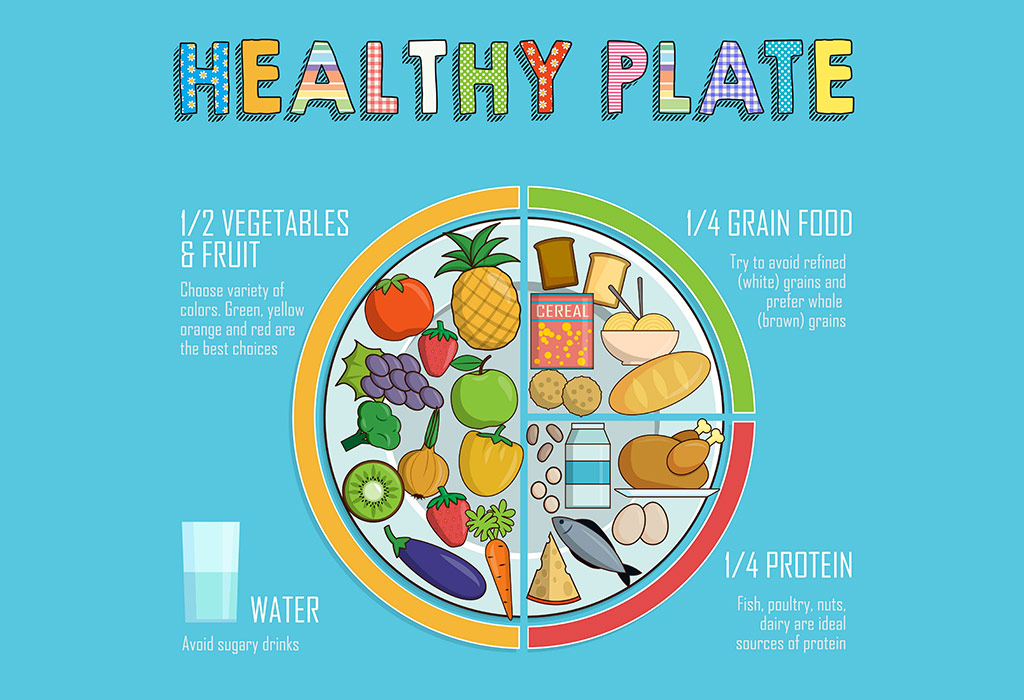
3. Give Well-Balanced Meals
Babies who have already transitioned to finger or table food can be given solids even during diarrhea. A good, healthy diet can shorten the baby’s bout of diarrhea by restoring essential nutrients and fighting off infection. Foods such as bread, cereals, rice, yoghurt, fruits and vegetables can be given in small quantities frequently throughout the day.
4. Feed Yoghurt

Yoghurt is rich in lactobacillus, which is an essential bacterium for the intestine. Yoghurt restores this bacterial flora which is lost during diarrhea, thus stabilising the intestine. Feed the baby unflavoured, unsweetened, whole milk yoghurt only.
5. Avoid Self-Medication
Do not give the baby any herbal or untested medicines without consulting a paediatrician. Also, do not give anti-diarrheal medication to babies less than 12 months of age without consulting your doctor (5).
How to Rehydrate Your Child With ORS Solution?
An oral rehydration solution is the simplest way to restore the baby’s lost electrolytes and is easily available at all pharmacies. It can also be prepared at home by dissolving 8 teaspoons of sugar and one teaspoon of salt in boiling water. Ensure that the solution is cooled completely before you feed it to your child (8).
- To rehydrate the baby, feed small amounts of ORS frequently over a period of four hours.
- If the baby is breastfed, give him ORS between feeds. Do not give him any other fluid unless suggested by the doctor.
- Do not feed the child any other food while he is being given ORS.
How to Prevent Diarrhea in Babies?
Hygiene is of the utmost importance when it comes to preventing any kind of infection in babies. The risk of infantile diarrhea can be reduced to a great extent by maintaining hygiene when handling the baby (3).
- The microbes that cause infections are easily passed from hand to mouth. Therefore, wash your hands with anti-bacterial soap thoroughly before handling your baby.
- Kitchen equipment needs to be kept clean, and food must be prepared hygienically.
- Do not take your child to a playground or nursery during an episode of diarrhea and up until 48 hours after it ends.
- Wipe your baby’s hands clean with non-alcoholic wipes frequently, especially when he is crawling around.
- Meat should be well-cooked and fruits and vegetables must be washed thoroughly before feeding.
- Bathroom surfaces must be kept clean to prevent bacterial growth.
When to Call a Doctor?
You should call your doctor if your baby is less than 3 months old and has diarrhea. If the baby is over 3 months old and the condition does not seem to improve after 24 hours, a doctor should be called. Medical help is needed if the diarrhea is coupled with the following symptoms (1) (2):
- Vomiting frequently
- Watery stools 3-4 times within a few hours
- Symptoms of dehydration such as a dry mouth, crying without tears, sunken eyes, not having a wet nappy for 6 hours straight, sunken fontanelle (soft spot on the head)
- Discoloured hands and feet
- Fever that lasts longer than 24 hours
- Refuses to drink milk, water, or any other fluids
- Has bloody stools
- Has a swollen abdomen
- Develops a rash, particularly alongside the diarrhea
- Is unusually sleepy, difficult to wake, or unresponsive
FAQs
1. How long does newborn diarrhea last?
Diarrhea in babies usually lasts a few days, but it depends on the cause. If it’s due to a mild stomach bug, it may clear up within 5-7 days. If diarrhea lasts longer than a week or is severe, contact a paediatrician (1).
2. Can teething cause diarrhea in babies?
Teething itself does not directly cause diarrhea. However, babies often put objects in their mouths during teething, which can introduce bacteria and lead to diarrhea. If diarrhea occurs during teething, ensure your baby is well-hydrated and monitor their condition.
3. Is it normal for diarrhea to occur after vaccinations?
Some babies may develop mild diarrhea after certain vaccinations, such as the rotavirus vaccine. This is usually temporary and resolves on its own. If diarrhea persists or is severe, consult your doctor for advice.
4. Are breastfed babies less susceptible to get loose motions?
Yes, breastfed babies are less susceptible to infections that arise out of drinking water and feeding bottles. Also, bouts of breastfed baby diarrhea are shorter as breast milk has certain elements that inhibit the growth and action of microorganisms and boost the baby’s immunity (7).
5. Is it safe to give your baby an adult anti-diarrheal medication?
It is not safe to give anti-diarrheal medicines to babies under 12 months of age, especially if the medicines are meant for adults. Furthermore, no medicine should be given without consulting the doctor as they can have serious side effects (6).
6. Is it okay to give baby solid food?
Yes. If your baby is old enough to eat solid food, it is okay to continue unless the baby is vomiting frequently. If not, solids such as bananas, apple puree, rice, and dry toast can be given to babies older than 6 months. For toddlers, small amounts of starchy foods such as soups, mashed potatoes, pasta, boiled rice, and moong dal can be given. It is okay even if the baby’s appetite is low during a diarrhea bout. The only thing you need to take care of is that he has enough fluids to prevent dehydration (7).
This was all about infants and diarrhea. Yellow watery diarrhea in babies is a common occurrence that often resolves on its own with proper care and monitoring. If your baby gets diarrhea, you need to make sure that the baby does not get dehydrated. Some simple home remedies can help prevent and treat diarrhea.
References/Resources:
1. Seattle Children’s Hospital – Diarrhea (0-12 Months)
2. American Academy of Pediatrics – Diarrhea in Babies
3. Johns Hopkins Medicine – Diarrhea in Children
4. Healthdirect – Diarrhoea in children
5. Nationwide Children’s Hospital – Diarrhea
6. NHS – Diarrhoea and vomiting
7. American Academy of Pediatrics – Diarrhea in Children: What Parents Need to Know
8. Nemours KidsHealth – Diarrhea
Also Read:
Green Stools in Infants
Abnormal Poos and Wees in Babies
Teething and Diarrhoea in Infants
Home Remedies for Diarrhoea in Baby
Foods for Babies and Toddlers With Diarrhoea
Was This Article Helpful?
Parenting is a huge responsibility, for you as a caregiver, but also for us as a parenting content platform. We understand that and take our responsibility of creating credible content seriously. FirstCry Parenting articles are written and published only after extensive research using factually sound references to deliver quality content that is accurate, validated by experts, and completely reliable. To understand how we go about creating content that is credible, read our editorial policy here.







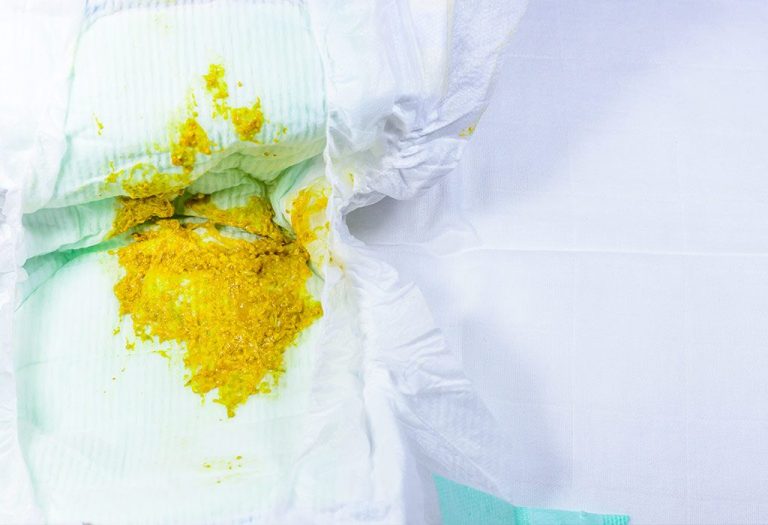
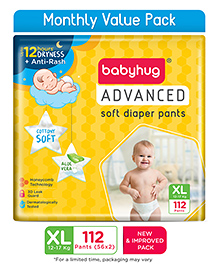
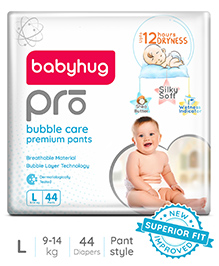
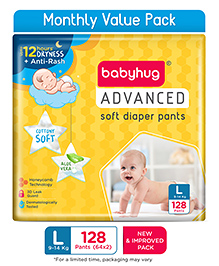
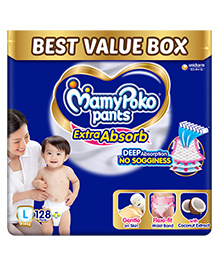
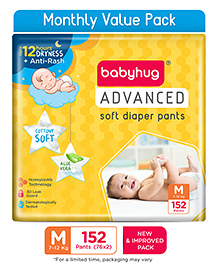
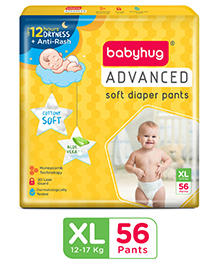
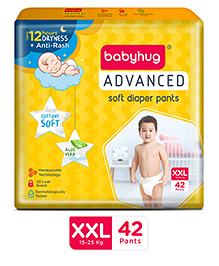
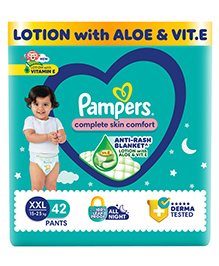
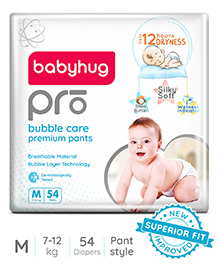
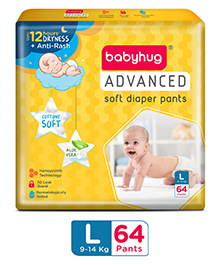
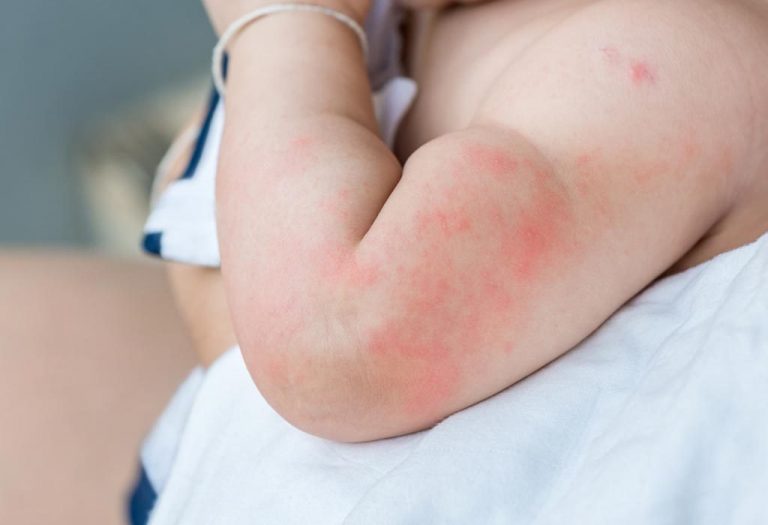
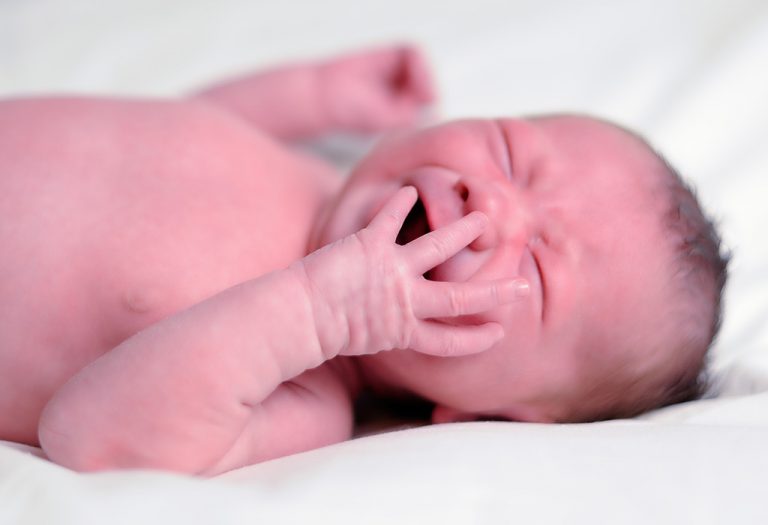
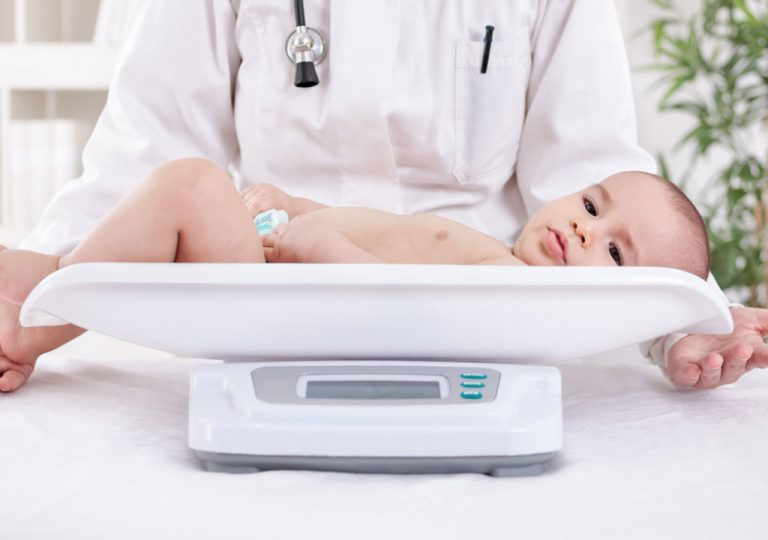
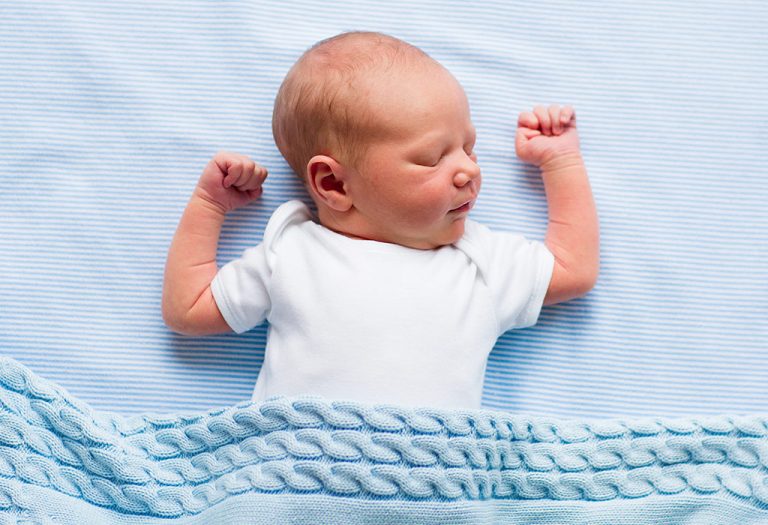
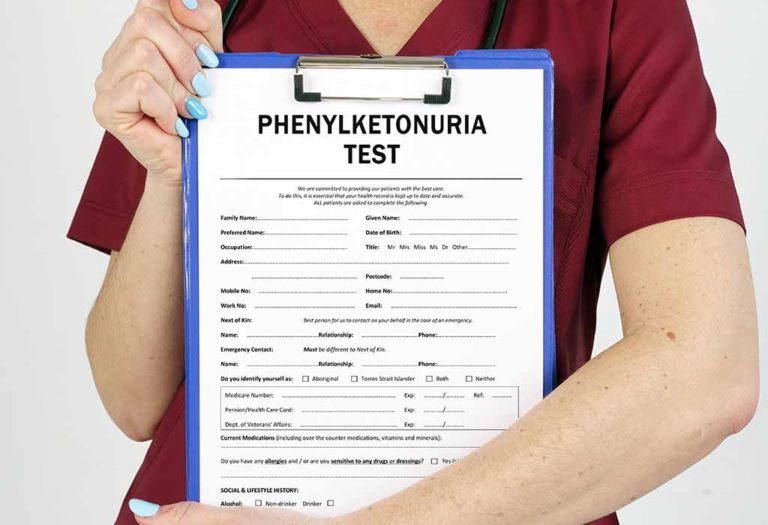
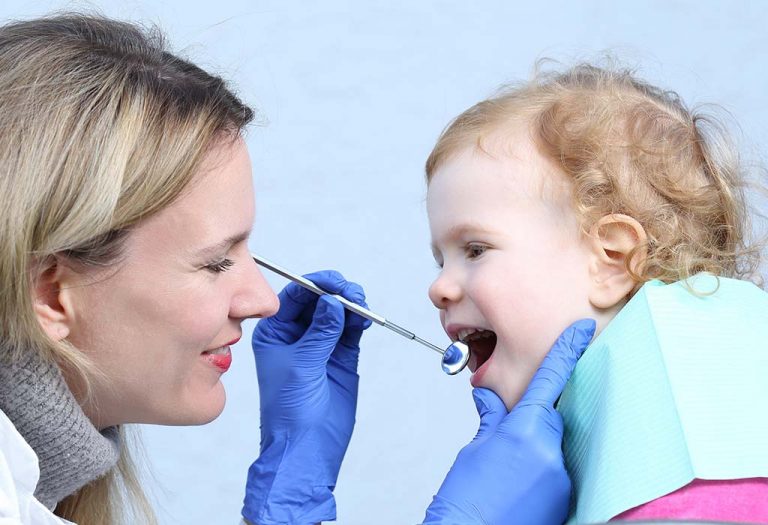

.svg)


















